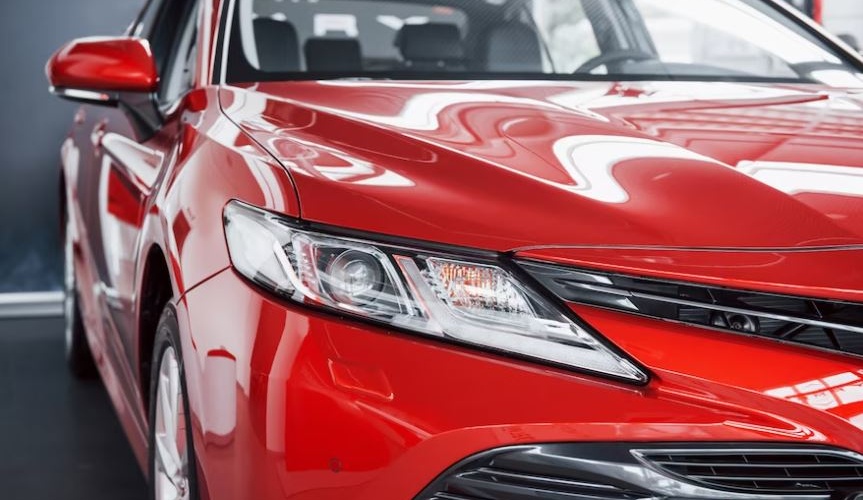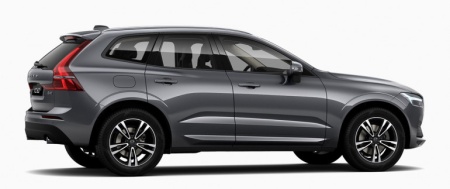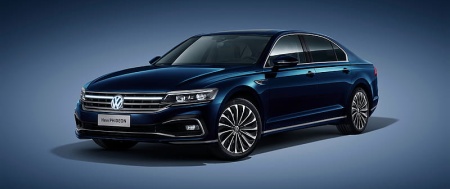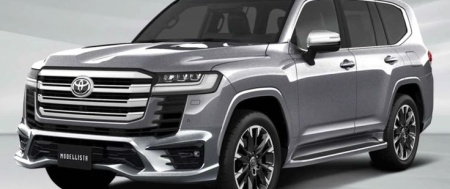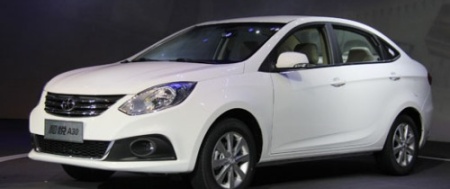Importing the most luxurious car to Nigeria can be a great way to get access to a wider range of vehicles at potentially lower prices than what is available locally. However, finding the best deals to buy new car can be a challenge, as there are a number of factors to consider, from import regulations to shipping costs to taxes and fees. In this guide, we’ll take a comprehensive look at the key steps you can take to find the best deals when importing cars to Nigeria.

- The first step to finding the best deals when importing cars to Nigeria is to choose the right car. This means considering a number of factors, including the make and model of the car, its condition, its age, and its mileage. Generally speaking, newer cars with low mileage are likely to be more expensive, while older cars with high mileage may be less expensive but could require more maintenance and repairs.
- The next step is to find a reliable and reputable car dealer or exporter. There are many car dealers and exporters that specialize in importing cars to Nigeria, but not all of them are trustworthy. Some may try to sell you a car that is in poor condition or has hidden problems, while others may overcharge you for shipping or other fees. To find a reputable dealer or exporter, you can start by searching online or asking for recommendations from friends or colleagues who have imported cars to Nigeria in the past. You should also check the dealer’s reviews and ratings online and verify their registration and license status with the relevant authorities.
NewAutoFzco has extensive knowledge of the car shipping business. The company has effectively transported thousands of vehicles to Nigeria, so they have a thorough grasp of the difficulties that could emerge. Due to their expertise, they are able to serve customers in the best way possible and deal with any problems that might develop.

- Once you’ve found a reliable dealer or exporter, the next step is to research shipping and logistics costs. This will involve considering a number of factors, such as the distance between the origin and destination ports, the weight and size of the car, the shipping method (such as container or roll-on/roll-off), and any additional fees, such as customs duties, port charges, and insurance. To get an accurate estimate of shipping and logistics costs, you’ll want to get quotes from multiple shipping companies and compare them. Keep in mind that the cheapest option may not always be the best option, as you’ll want to consider the reliability and reputation of the shipping company as well.
- Cars import regulations and taxes are major factors to consider when importing cars to Nigeria, as they can significantly affect the overall cost of the car. You’ll want to research the specific import regulations and taxes for the country you’re importing from, as well as for Nigeria. In general, Nigeria imposes high import tariffs on cars, with rates ranging from 20% to 70% depending on the age and value of the car. In addition, there are a number of other fees and charges, such as the Nigerian Ports Authority (NPA) charge, the Nigerian Customs Service (NCS) charge, and the Value Added Tax (VAT). It’s important to work with a reputable dealer or exporters who can help you navigate these regulations and taxes, as well as ensure that all necessary paperwork and documentation is in order.
- Importing a car to Nigeria can be a significant investment, so you may want to consider financing options to help spread out the cost. Some dealers and exporters offer financing options, such as installment payments or financing through a third-party lender. However, keep in mind that financing options may come with additional fees and interest, so be sure to carefully read the terms and conditions before committing to any financing option.
- When importing a car to Nigeria, it’s important to be aware of any hidden costs and fees that may not be included in the initial quotes or estimates. These could include additional taxes, fees for storage or handling at the port, or fees for inspection or clearance. To avoid surprises, be sure to ask your dealer or exporter about any potential hidden costs and fees and factor them into your budget.
- Like any major purchase, it’s always a good idea to negotiate for the best price when importing a car to Nigeria. This means being prepared to walk away from a deal if you’re not getting the price or terms that you want. Before entering into negotiations, do your research on the market value of the car you’re interested in and be prepared to provide evidence to support your offer. Also, be aware of any potential bargaining chips, such as your willingness to purchase multiple cars or your ability to pay in cash.
- Importing a car to Nigeria can be a complex process that involves many steps and variables. It’s important to be patient and take the time to research your options, compare quotes, and negotiate for the best price. Don’t rush into a deal or let yourself be pressured into making a quick decision. Take the time to carefully consider all the factors involved and make an informed decision based on your needs and budget.
- To protect yourself from fraud or scams, it’s important to use a trusted escrow service when making payments for your imported car. An escrow service acts as a neutral third party that holds the funds until both parties have fulfilled their obligations. Make sure to use a reputable and trusted escrow service to avoid any potential issues with payment or delivery.
- To ensure that the new vehicles you’re importing are in good condition and meet Nigerian standards, you may want to consider a pre-shipment inspection. This involves hiring a third-party inspector to inspect the car before it is shipped to Nigeria. A pre-shipment inspection can give you peace of mind and help you avoid any potential issues with the car’s condition or roadworthiness.
In conclusion, importing a car to Nigeria is one of the best ways to buy an extensive range of vehicles at possibly less prices than what is available locally. However, it’s important to take the time to research your options, choose the right car, find a reliable dealer or exporter, understand import regulations and taxes, and negotiate for the best price. By following these steps, you can find the best deals when importing cars to Nigeria and ensure a smooth and successful transaction. However, NewAutoFzco provides a variety of comprehensive services. They can help with vehicle purchase, transportation, and logistics, so clients can count on them to handle every element of the shipment process. This allows customers to concentrate on other parts of their businesses while NewAutoFzco manages the logistics of the shipment.
